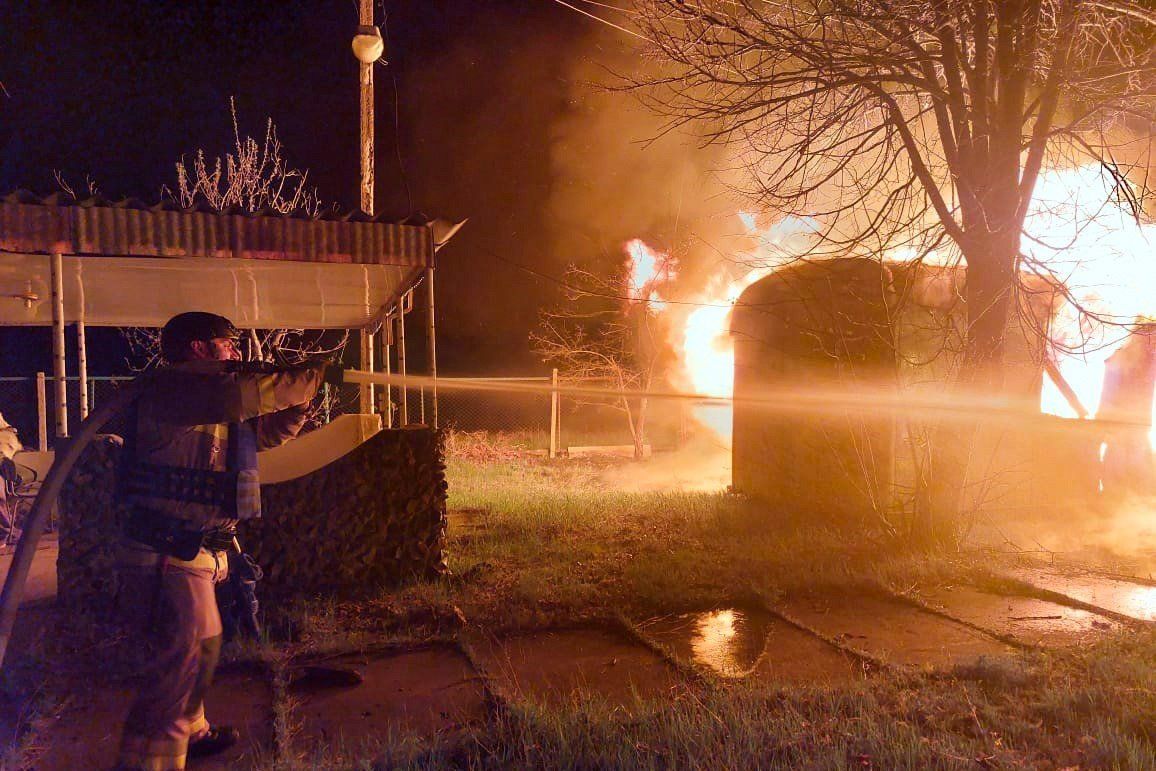Russia bombarded Ukraine’s energy infrastructure overnight Thursday, destroying Kyiv’s largest power plant and leaving thousands without power. Ukraine’s Air Force reported that it downed fewer than half of an estimated 42 missiles volleyed at the country, as it finds itself ill-prepared to fend off the Kremlin’s intensifying attacks on its infrastructure and energy supplies.
Volodymyr Zelensky is appealing to Western allies for more air defenses. On Tuesday, the US approved an emergency sale of $138 million worth of air defense equipment to Ukraine, but the $60 billion aid package remains stalled in Congress.
In another sign of growing urgency, the Ukrainian parliament approved a controversial mobilization law that narrows eligibility for military exemptions and introduces penalties for evaders. The law does not address how many soldiers will be drafted and whether those who have served since the start of the invasion, over two years ago, should be discharged. It comes after Zelensky lowered the minimum age for male military conscription from 27 to 25 earlier this month.
Zelensky has been reluctant to expand conscription out of fear of domestic backlash, but he is expected to sign the bill, which would go into effect a month later.
Ukraine needs fresh recruits to hold thinning frontlines, rotate exhausted troops off the battlefield, and deal with growing casualties and fresh Russian offensives along the eastern front.
